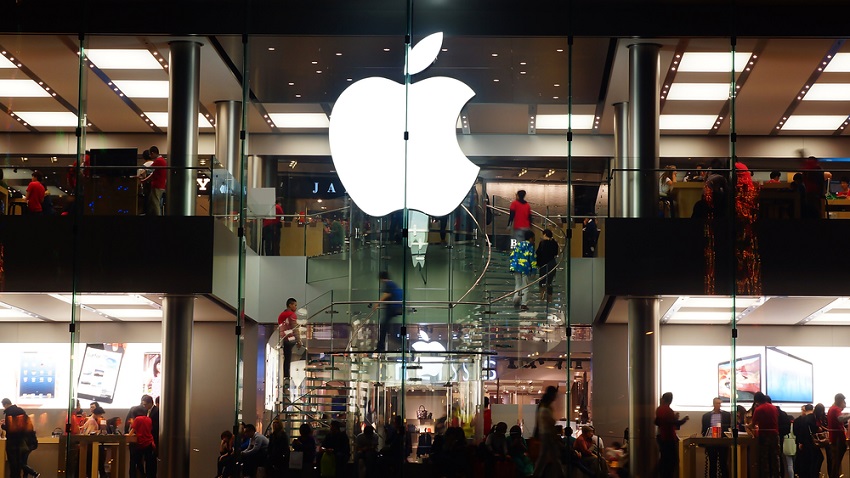iTunes used to be the app I used most frequently on my Mac. It’s where I’d go to buy and listen to music, enjoy podcasts, and even watch downloaded movies and TV shows on occasion. These days, though, I rarely use iTunes. In fact, I can’t even remember the last time I opened the app at all.
Part of the problem — aside from the fact that the world has largely gone mobile — is that iTunes on the Mac has steadily become a bloated mess. As it stands now, Apple houses an insane amount of content under the iTunes umbrella and, as a result, actually using the app to find and enjoy content has become downright cumbersome, if not confusing.
In an effort to simplify things, rumor has it that Apple with its next major macOS release will dismantle some iTunes components into separate stand-alone apps. This interesting tidbit was originally brought to light a few days ago by developer Steve Troughton-Smith who relayed that iTunes will be broken up into as many as four distinct apps: Music, Podcasts, Books, and Apps.
I am now fairly confident based on evidence I don't wish to make public at this point that Apple is planning new (likely UIKit) Music, Podcasts, perhaps even Books, apps for macOS, to join the new TV app. I expect the four to be the next wave of Marzipan apps. Grain of salt, etc
— Steve Troughton-Smith (@stroughtonsmith) April 5, 2019
Troughton-Smith’s scoop on the fate of iTunes on the Mac has since been independently confirmed by developer Guilherme Rambo of 9to5Mac, albeit with some slightly updated information.
I’ve been able to confirm with sources familiar with the development of the next major version of macOS – likely 10.15 – that the system will include standalone Music, Podcasts, and TV apps, but it will also include a major redesign of the Books app.
…
The new Music, Podcasts, and TV apps will be made using Marzipan, Apple’s new technology designed to facilitate the porting of iPad apps to the Mac without too many code changes.
The breakup of iTunes is arguably long overdue and should inject a bit of modernity into macOS. After all, the notion of opening up iTunes and then — as a quick example — sifting through an avalanche of content in order to find the most recent episode of your favorite content has long felt antiquated. Put simply, breaking up iTunes will present users with a much more intuitive way to access and enjoy their favorite content. If you’ve ever been annoyed with adverts for TV shows and movies when all you want to do is play a song you downloaded way back when, the next iteration of macOS should be a welcome update.








